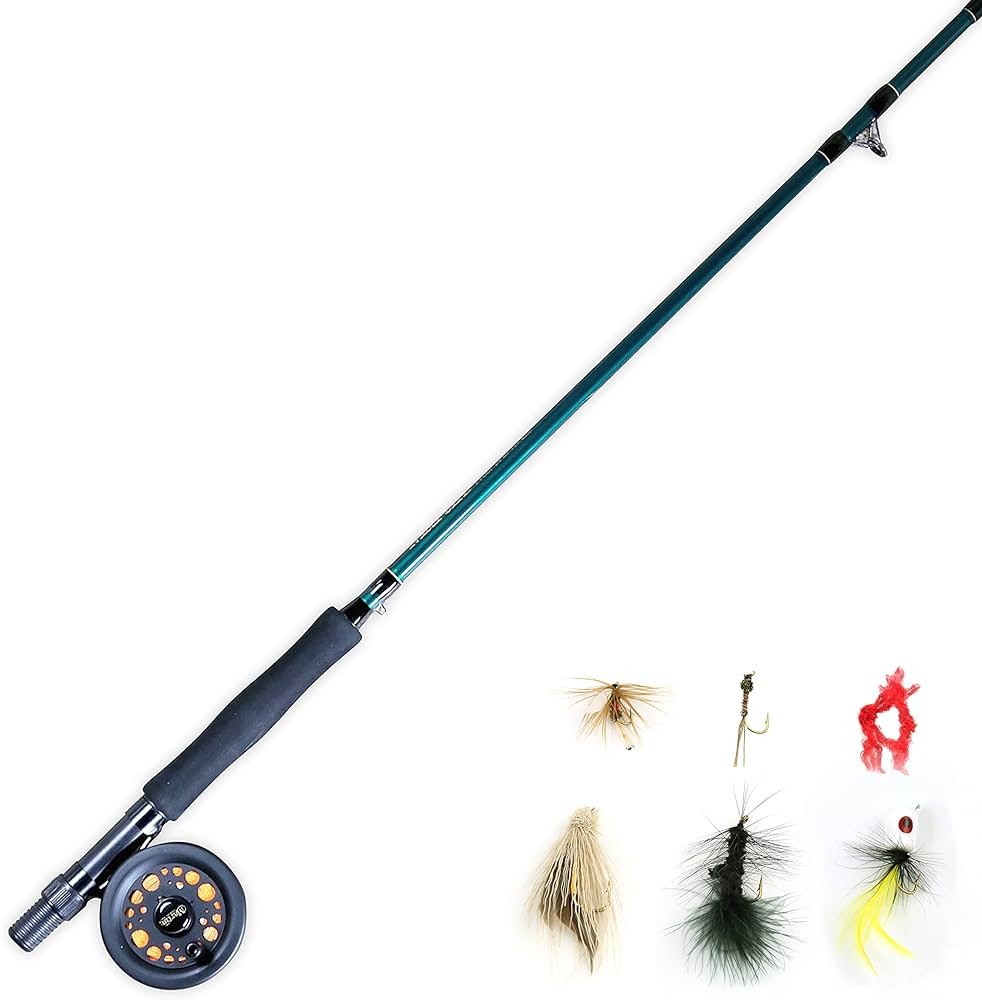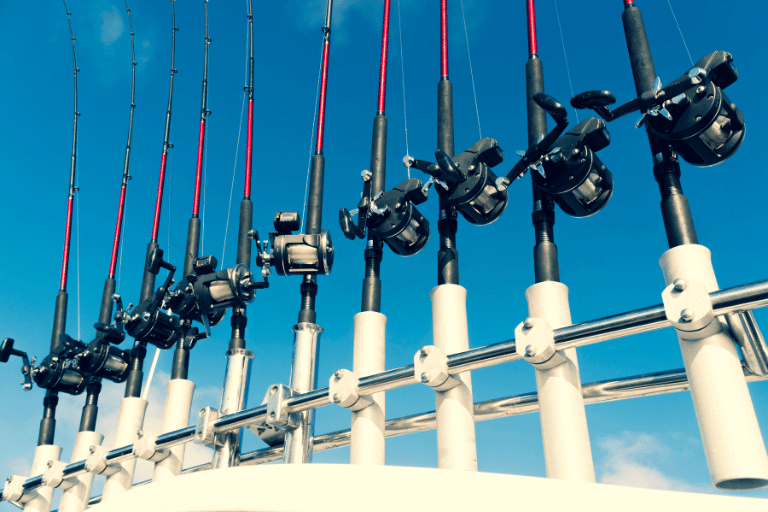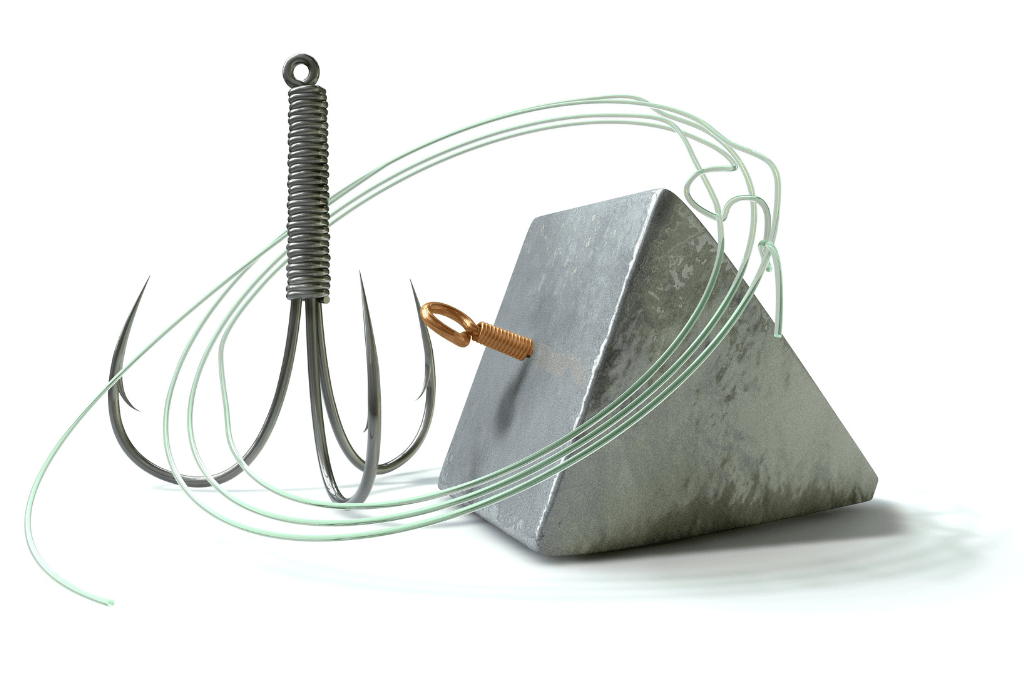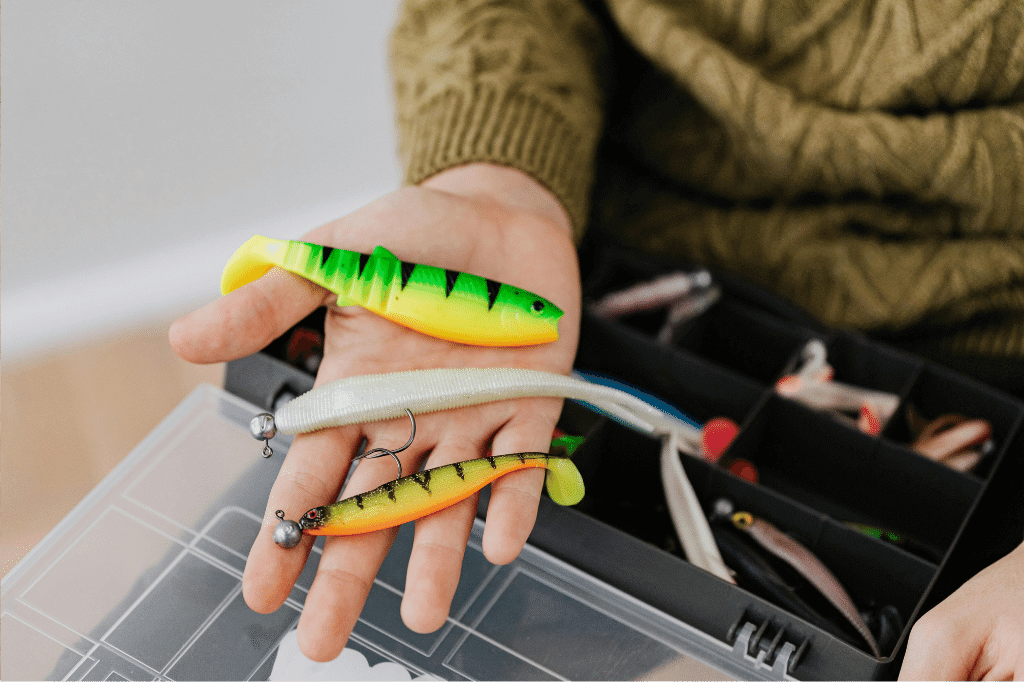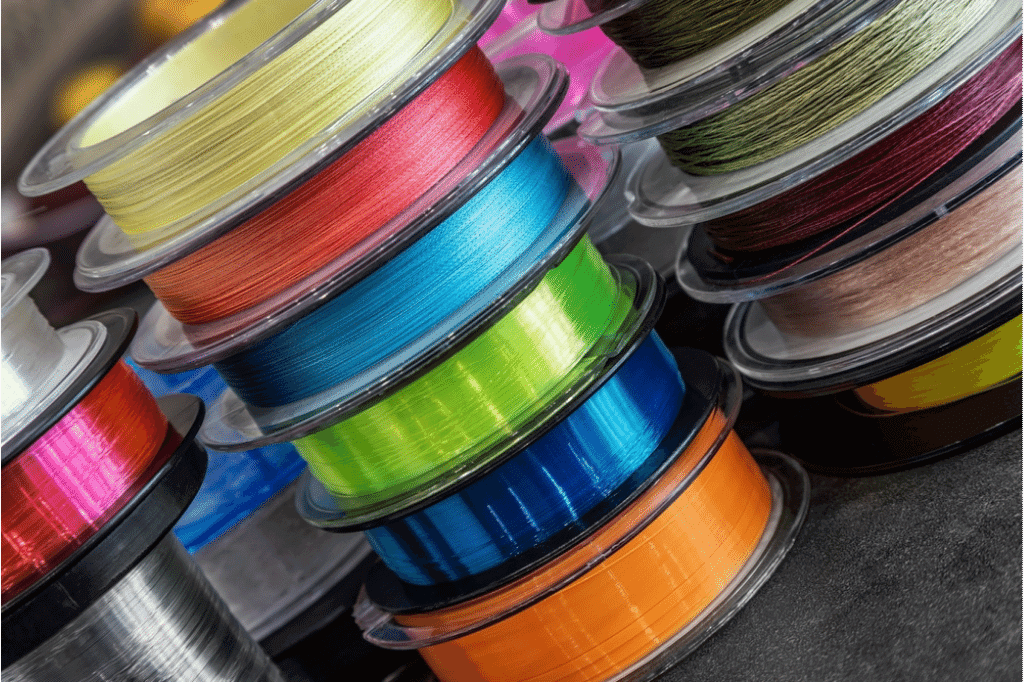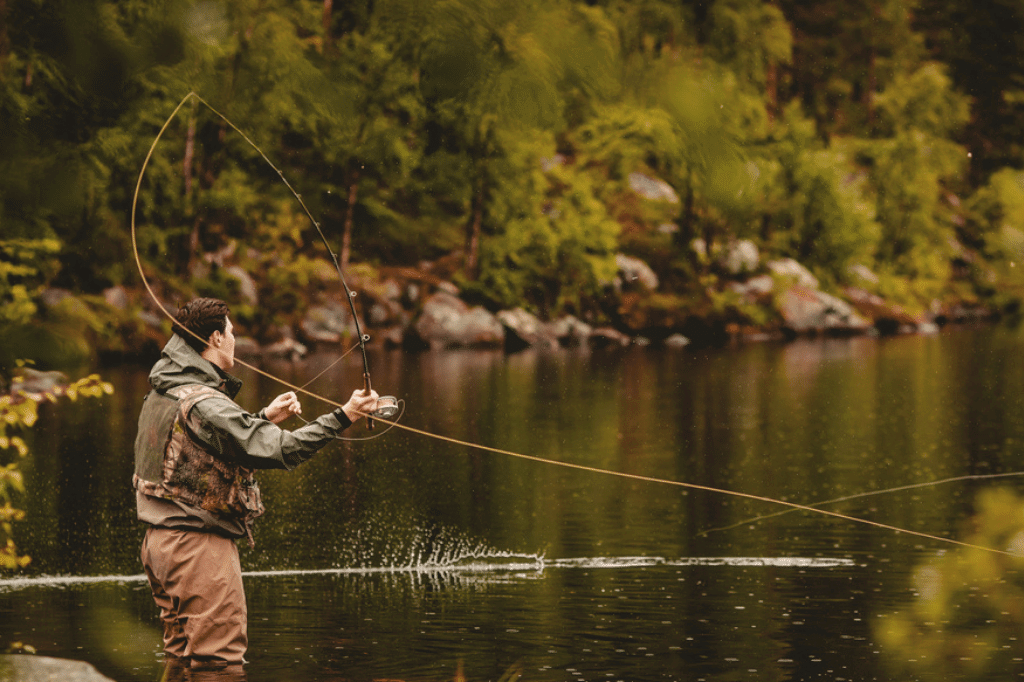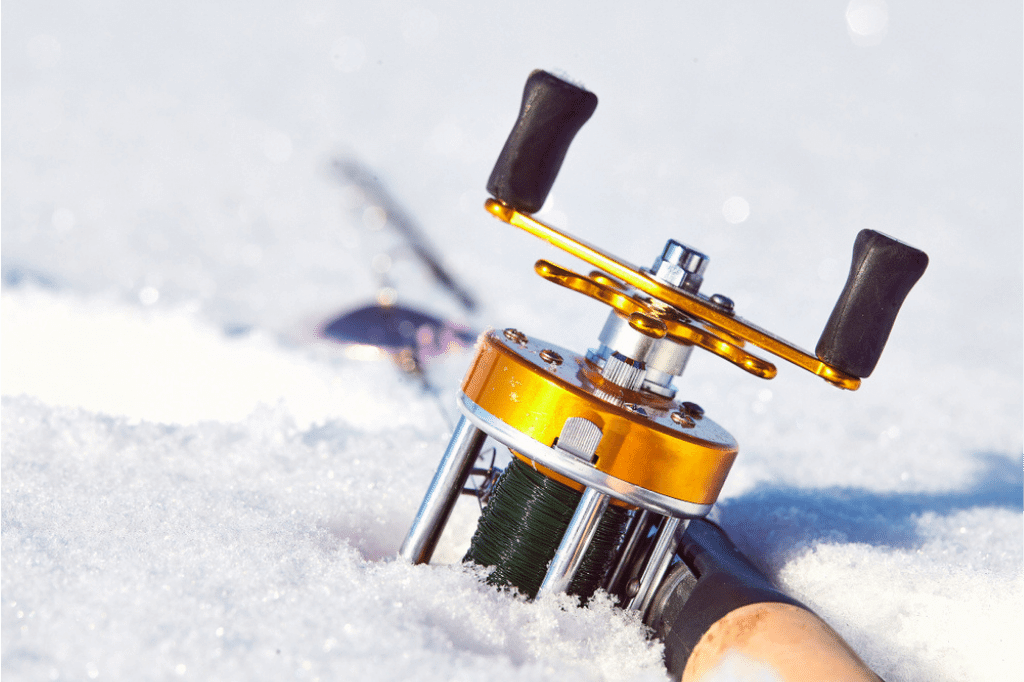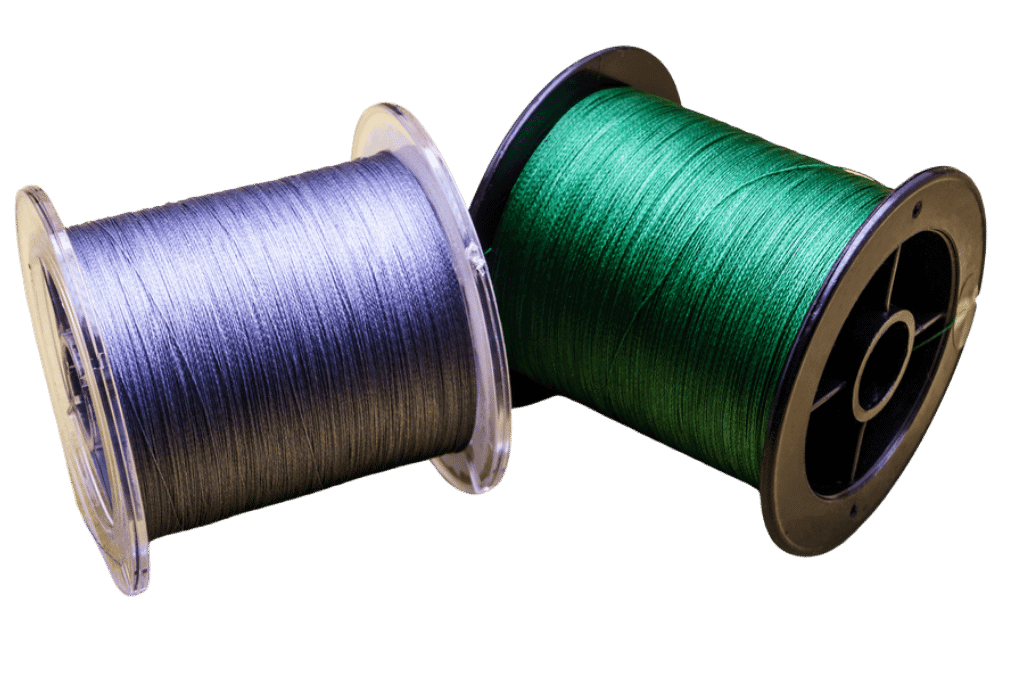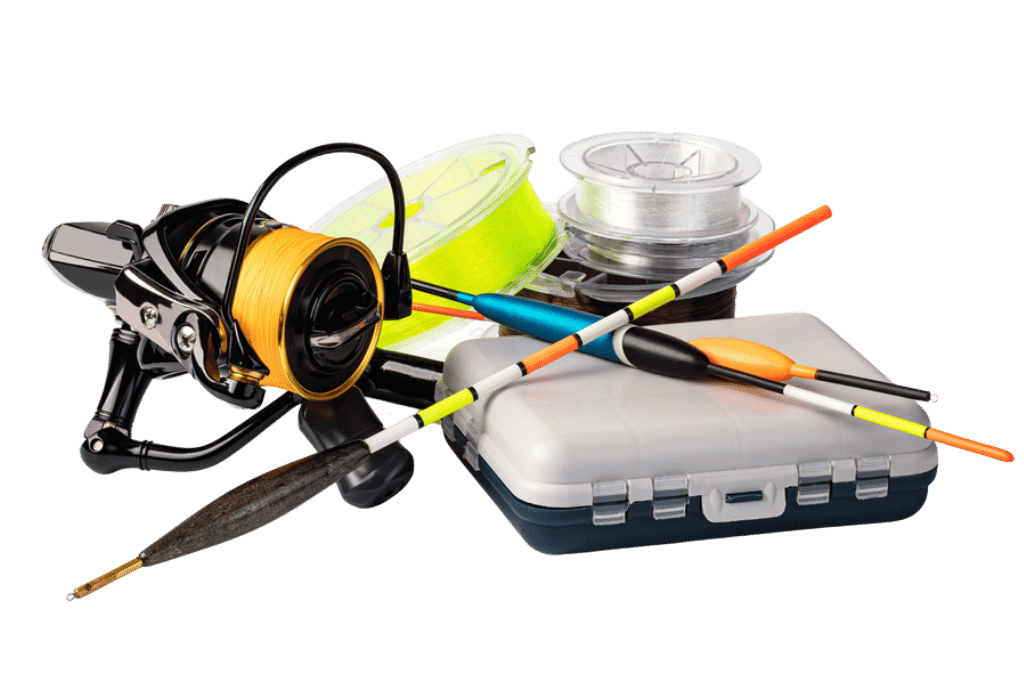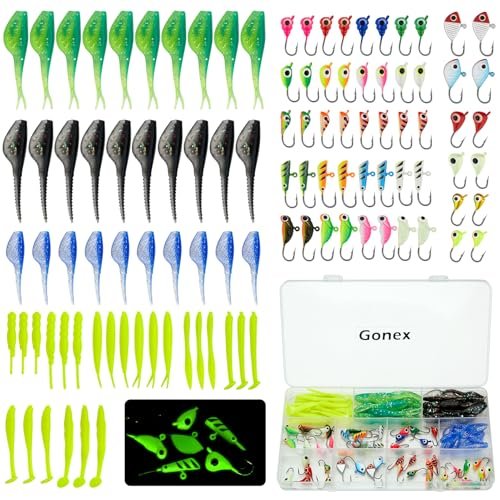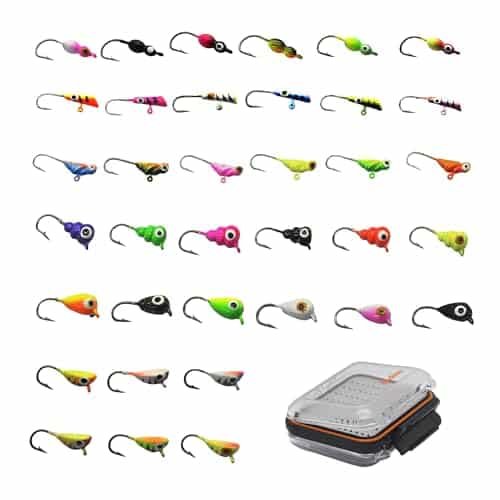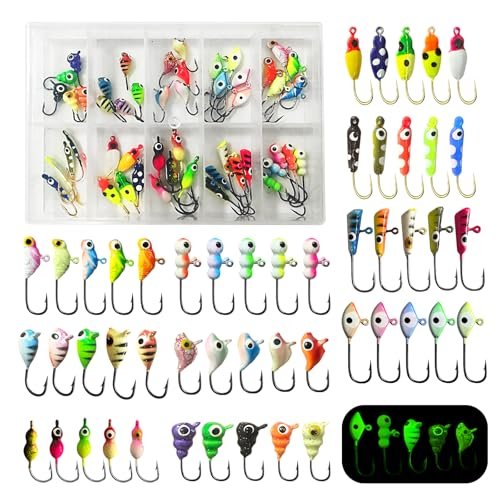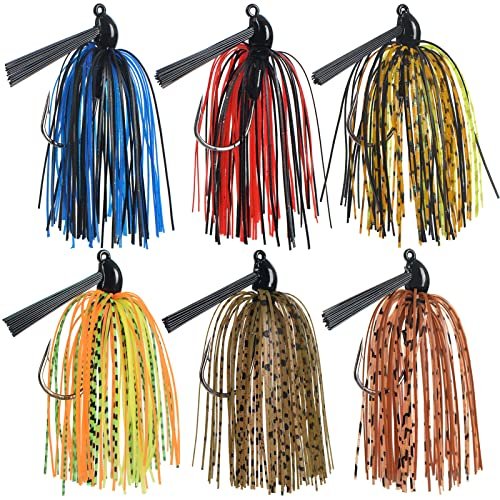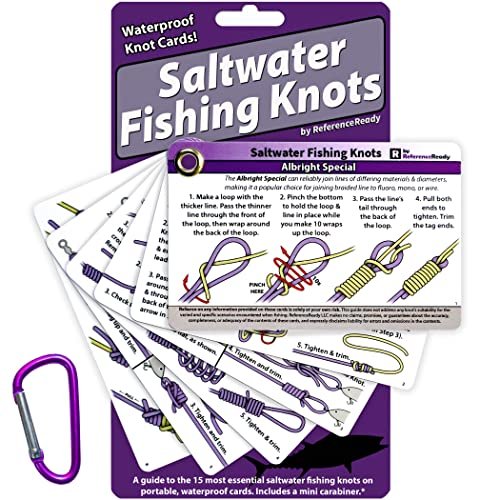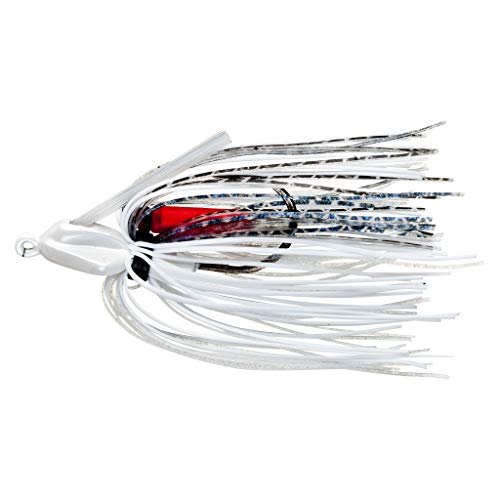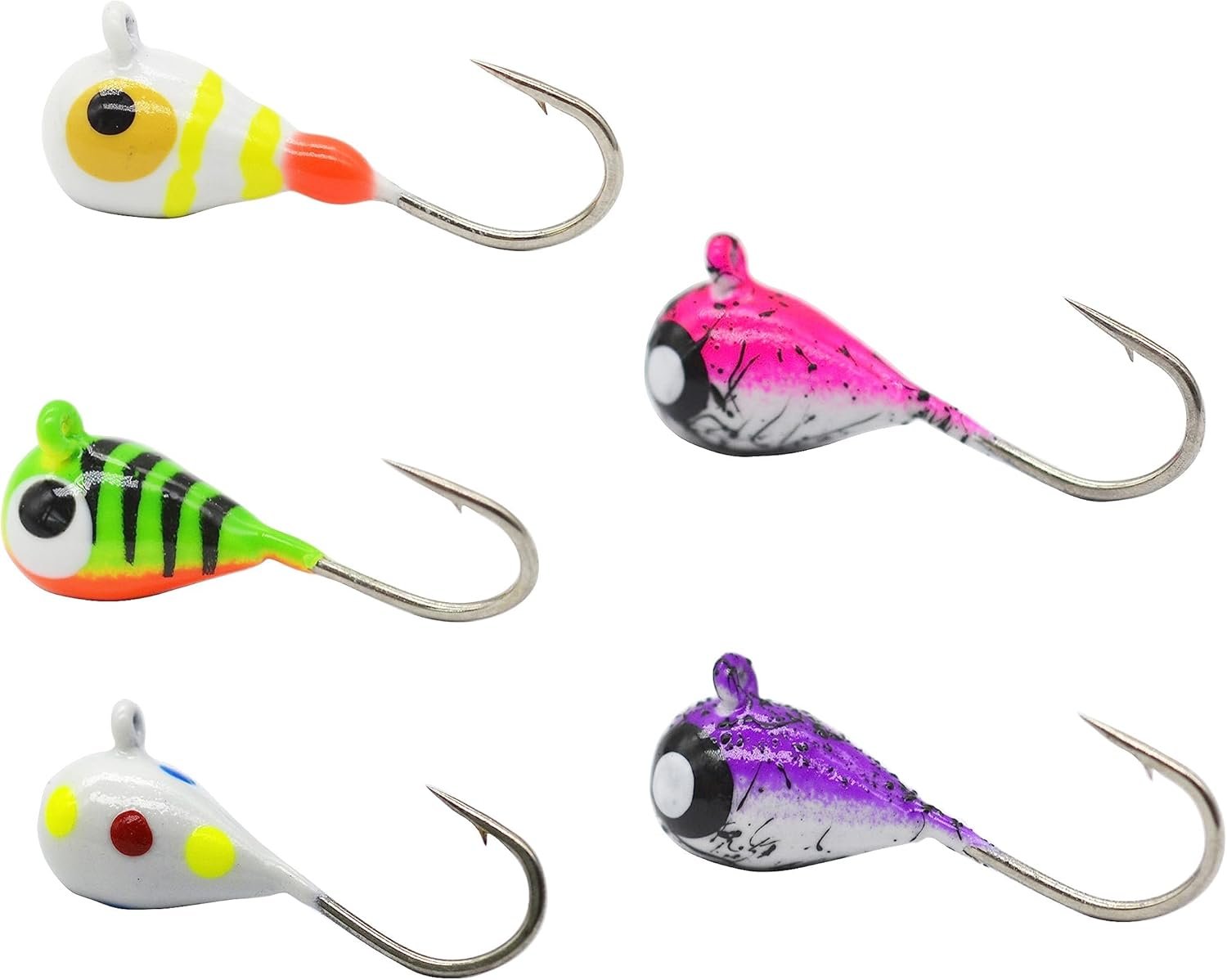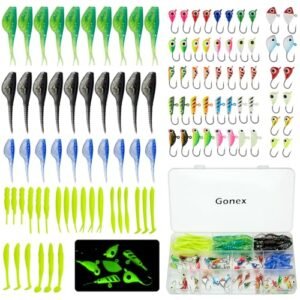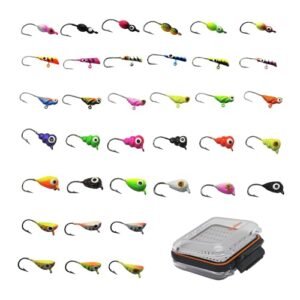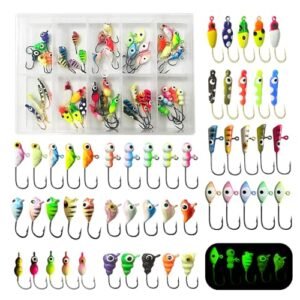Fly fishing is a popular activity that requires specialized equipment. The cost of a fly fishing rod can vary significantly. Beginners might start with a budget-friendly option around $50. Enthusiasts and professionals often invest in high-end rods costing up to $1,000.
Factors such as the rod’s material, brand reputation, and added features influence the price. Carbon fiber rods, for example, tend to be more expensive due to their durability and performance. It’s essential to choose a rod that matches your skill level and fishing needs. Investing in a quality rod can enhance your fishing experience and improve your chances of success.
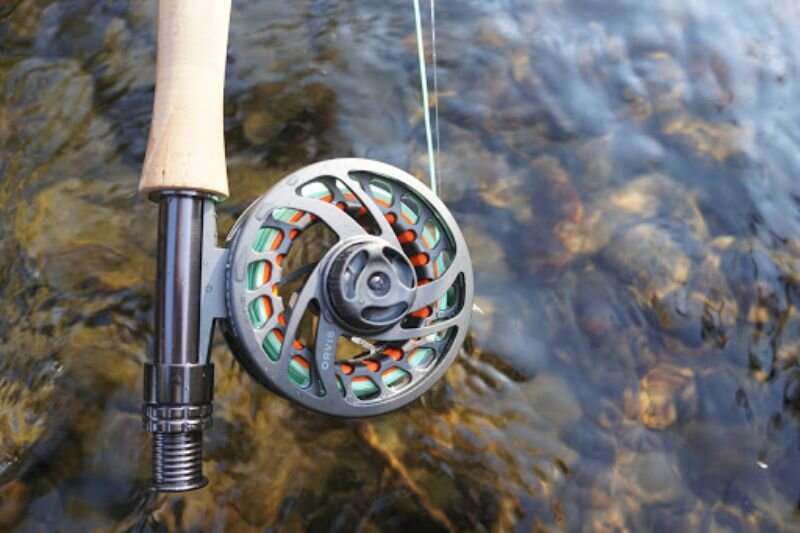
Credit: www.treelinereview.com
Introduction To Fly Fishing Rods
Fly fishing is a unique and exciting way to fish. It requires special equipment, with the rod being the most crucial. The cost of these rods can vary greatly. Knowing what to look for helps in making an informed choice.
Why Choose Fly Fishing?
Fly fishing offers a different kind of challenge. It requires skill and patience. Many anglers find it more rewarding than other types of fishing. The method involves casting a lightweight fly to mimic natural prey. This attracts fish in a way that other methods do not.
- Exciting and Challenging: Fly fishing tests your abilities.
- Closer to Nature: It often takes you to beautiful, serene locations.
- Rewarding: Catching a fish on a fly is highly satisfying.
Basics Of Fly Fishing Rods
Fly fishing rods are different from regular fishing rods. They are longer and more flexible. This allows for the unique casting technique. The rods come in various lengths and weights. Choosing the right one depends on the type of fishing you plan to do.
| Rod Length | Best Use |
|---|---|
| 7-8 feet | Small streams |
| 8.5-9 feet | All-around use |
| 9-10 feet | Larger rivers |
Weight is another important factor. It refers to the rod’s power and the size of the fish it can handle. Rods range from 1-weight (very light) to 14-weight (very heavy). Most beginners start with a 5-weight rod. This is versatile and suitable for various conditions.
- 1-3 weight: Small fish like trout in small streams.
- 4-6 weight: Medium-sized fish in rivers and lakes.
- 7-9 weight: Larger fish in bigger waters.
- 10-14 weight: Very large fish like tarpon or marlin.
Fly rods are made from different materials. The most common are bamboo, fiberglass, and graphite. Bamboo rods are classic but expensive and heavy. Fiberglass rods are durable but less sensitive. Graphite rods are light and sensitive, making them popular.
Factors Influencing Cost
When buying a fly fishing rod, many factors impact the price. Understanding these factors helps you choose the right rod for your needs and budget. Below, we explore the key elements that determine the cost of fly fishing rods.
Material Quality
The material quality of a fly fishing rod plays a big role in its cost. Rods made from high-quality materials like graphite, carbon fiber, or boron are more expensive. These materials provide better performance, durability, and sensitivity. Cheaper rods often use fiberglass or lower-grade graphite. These materials are less durable and heavier. Investing in a high-quality material rod ensures better fishing experiences.
Brand Reputation
Brand reputation significantly influences the cost of fly fishing rods. Well-known brands like Orvis, Sage, and G. Loomis are pricier. These brands are trusted for their quality, performance, and customer service. They often use advanced technology and materials, which increases costs. Lesser-known brands might offer cheaper options but may lack the same level of quality and reliability.
Rod Length And Weight
Rod length and weight affect the price of fly fishing rods. Longer rods require more material, thus increasing the cost. Rods designed for heavier lines or larger fish are built stronger, adding to the price. Shorter rods, suitable for small streams and delicate presentations, are generally cheaper. Choosing the right rod length and weight based on your fishing needs is crucial for both performance and cost.
Entry-level Rods
Starting fly fishing can be thrilling, but finding the right rod is crucial. Entry-level rods offer a balance between cost and quality. These rods are perfect for beginners who want to get a feel for the sport without breaking the bank.
Price Range
Entry-level fly fishing rods usually cost between $50 and $150. The price varies based on the material and brand. Some rods might be slightly cheaper, but most quality options fall within this range.
Best Budget Options
- Redington Crosswater: Priced around $70, durable and easy to use.
- Wild Water Fly Fishing Complete Starter Package: Costs about $90, includes rod, reel, and accessories.
- Maxcatch Premier Fly Rod: Around $100, offers great performance for beginners.
Comparison Table
| Brand | Model | Price | Features |
|---|---|---|---|
| Redington | Crosswater | $70 | Durable, easy to use |
| Wild Water | Complete Starter Package | $90 | Includes rod, reel, accessories |
| Maxcatch | Premier | $100 | Great performance |
Choosing the right rod is important for a great fly fishing experience. With the options listed, you can start fishing without spending too much.

Mid-range Rods
Mid-range fly fishing rods offer a great balance between cost and quality. These rods are perfect for anglers who want better performance without breaking the bank. They provide durability, flexibility, and improved casting accuracy.
Price Range
The price for mid-range rods typically falls between $150 and $300. This range offers a sweet spot where you get advanced features and durable materials. These rods often come with better warranties and customer support.
Top Picks In Mid-range
- Orvis Clearwater
- Redington Classic Trout
- Sage Foundation
- Temple Fork Outfitters Pro II
| Rod | Price | Features |
|---|---|---|
| Orvis Clearwater | $198 | Lightweight, great action, lifetime warranty |
| Redington Classic Trout | $149 | Versatile, smooth casting, affordable |
| Sage Foundation | $325 | Fast action, durable, premium quality |
| Temple Fork Outfitters Pro II | $179 | Medium-fast action, great for beginners, durable |
Each of these rods has unique features and advantages. Orvis Clearwater offers a great balance of lightness and durability. Redington Classic Trout is perfect for versatile fishing needs. Sage Foundation provides fast action and premium quality. Temple Fork Outfitters Pro II is ideal for beginners and offers medium-fast action.
High-end Rods
Fly fishing enthusiasts often seek the best gear. High-end rods offer exceptional performance and durability. They are crafted with advanced materials and precise engineering.
Price Range
High-end fly fishing rods come with a premium price tag. The cost usually ranges between $500 and $1,500. Some can even exceed this range depending on their unique features and brand reputation.
Features Of Premium Rods
High-end rods boast several distinct features:
- Advanced Materials: High-end rods are made from high-quality graphite or carbon fiber.
- Customizable Options: Many offer customizable grips and reel seats.
- Precision Engineering: These rods provide superior casting accuracy and sensitivity.
- Lightweight Design: Despite their strength, they remain lightweight for ease of use.
- Aesthetic Appeal: They often feature aesthetically pleasing designs and finishes.
| Brand | Model | Price Range | Material |
|---|---|---|---|
| Orvis | Helios 3F | $800 – $900 | Graphite |
| Sage | X Rod | $900 – $1,000 | Carbon Fiber |
| Winston | Air 2 | $1,000 – $1,200 | Boron/Graphite |
These high-end rods are an investment. They enhance the fly fishing experience significantly. Investing in a high-end rod can offer long-term benefits.
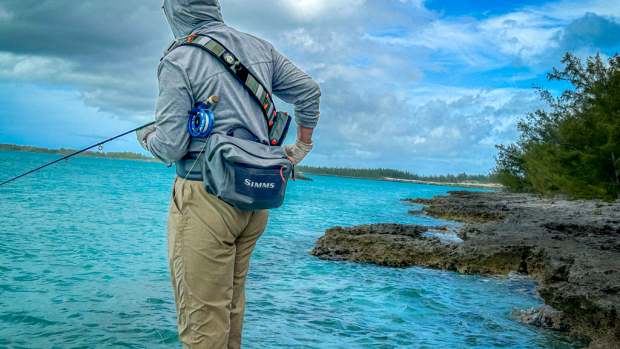
Additional Costs
When buying a fly fishing rod, consider additional costs. These costs ensure the best fishing experience and rod longevity. Below are key areas to think about.
Essential Accessories
Fly fishing requires more than just a rod. You need essential accessories to complete your setup. Here are a few:
- Fly Reel: Prices range from $30 to $300.
- Fly Line: Costs between $20 and $100.
- Backing: Usually costs around $10 to $20.
- Leaders and Tippets: These range from $5 to $15 each.
- Flies: Pack of flies costs $10 to $50.
These accessories are crucial for a successful fly fishing trip.
Maintenance Expenses
Maintaining your rod keeps it in top condition. Here are some maintenance expenses to consider:
| Maintenance Item | Cost Range |
|---|---|
| Rod Cleaning Kit | $10 to $30 |
| Line Dressing | $5 to $15 |
| Rod Repair | $20 to $100 |
| Storage Tube | $20 to $50 |
Regular maintenance extends your rod’s life. It ensures optimal performance every trip.
Where To Buy
Buying a fly fishing rod can be tricky. Knowing where to buy can help. Here we discuss two main options: Physical Stores and Online Retailers.
Physical Stores
Physical stores offer hands-on experience. You can see and touch rods. Staff can provide advice. This helps you find the best rod for your needs.
Here are some benefits of buying from physical stores:
- Test the rod in person
- Ask for expert advice
- Immediate purchase, no shipping wait
Popular physical stores to buy fly fishing rods include:
| Store | Location |
|---|---|
| Bass Pro Shops | Nationwide |
| Cabela’s | Nationwide |
| Local Tackle Shops | Various Locations |
Online Retailers
Online retailers offer convenience. You can shop from home. They often have a larger selection. Prices may be lower due to less overhead.
Here are some benefits of buying from online retailers:
- Wide selection of rods
- Convenient shopping experience
- Compare prices easily
Popular online retailers to buy fly fishing rods include:
| Retailer | Website |
|---|---|
| Amazon | amazon.com |
| eBay | ebay.com |
| Orvis | orvis.com |
Both options have their pros and cons. Choose the one that fits your needs best. Happy fishing!
Tips For Budget-friendly Purchases
Purchasing a fly fishing rod doesn’t need to break the bank. Smart shoppers can find great deals if they know where to look. Here are some tips for budget-friendly purchases:
Seasonal Sales
Many stores offer significant discounts during specific times of the year. Look for sales during the off-season, typically late fall and winter. Black Friday and Cyber Monday are also great opportunities. Always check for clearance sections on websites and in stores. You might find last season’s models at a fraction of the cost.
Second-hand Options
Buying second-hand can save a lot of money. Check websites like eBay or Craigslist for used rods. Many anglers sell their old gear when they upgrade. Local fishing clubs often have members selling used equipment. Always inspect the rod for damage before purchasing. Ask the seller about the rod’s history and usage.
Here’s a quick comparison table to guide you on where to look:
| Source | Typical Savings | Best Time to Buy |
|---|---|---|
| Off-Season Sales | Up to 50% | Fall and Winter |
| Black Friday/Cyber Monday | Up to 60% | Late November |
| Second-Hand Market | Up to 70% | Year-Round |
Remember these budget-friendly tips for purchasing your next fly fishing rod. Happy fishing!
Frequently Asked Questions
How Much To Spend On A Fly Fishing Rod?
Spending on a fly fishing rod varies. Budget rods cost $50-$150. Mid-range options range from $150-$300. High-end rods can exceed $500. Choose based on skill level and frequency of use.
How Much Does It Cost To Fly With Fishing Rods?
The cost to fly with fishing rods varies by airline. Fees range from $25 to $150 per rod case. Always check specific airline policies for accurate pricing.
Why Are Fly Fishing Rods So Expensive?
Fly fishing rods are expensive due to high-quality materials, precision engineering, and craftsmanship. Advanced technology and brand reputation also increase costs.
How Much Does A Good Fly Fishing Reel Cost?
A good fly fishing reel typically costs between $100 and $300. Prices vary based on brand, quality, and features.
Conclusion
Choosing the right fly fishing rod depends on your budget and needs. Prices range from affordable to premium. Consider your experience level and fishing goals. Investing in a quality rod can enhance your fishing experience. Research and compare options to find the best value for your money.
Happy fishing!
